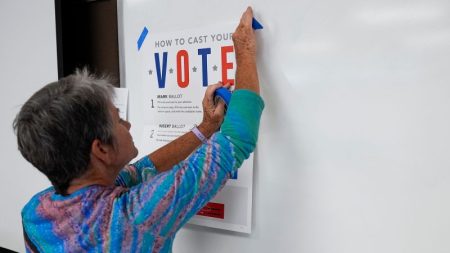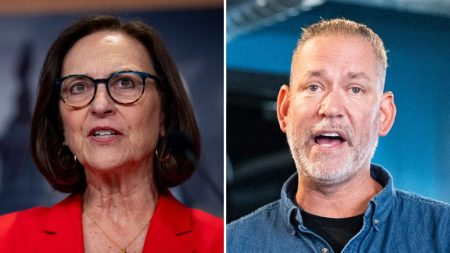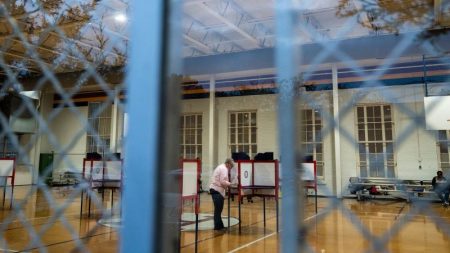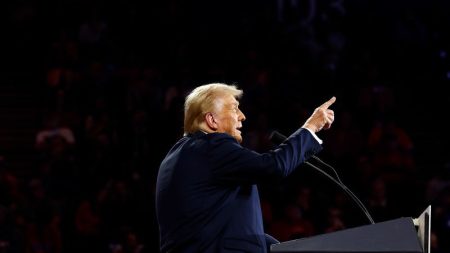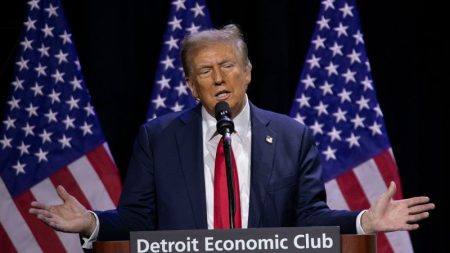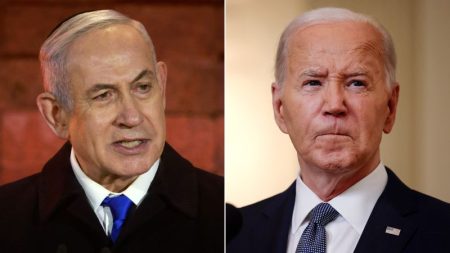I can’t recall a recent baseball story that has captured the public imagination like the current one involving Los Angeles Dodgers phenom Shohei Ohtani, his former translator Ippei Mizuhara and gambling.
I won’t recite all of the facts here, but the story has a lot going for it that makes it fascinating, including any potential role Ohtani plays in the story besides being taken advantage of – he denies any involvement or knowledge in gambling and says the money was stolen. No officials have accused him of anything untoward.
But this episode is already generating less than ideal headlines with a federal criminal investigation underway, along with Major League Baseball’s own investigation – so we should know more soon about why his now former translator was able to access Ohtani’s bank account and was able to allegedly transfer $4.5 million to pay his bookie.
Beyond whether there is more to this story than what the facts currently suggest, we’re talking about something that has worried me for years: athletes and any connection to gambling. This is especially the case for baseball and its dark history with betting.
Baseball is no longer what it once was in the public discourse; World Series ratings are way down from their peaks and only about 10% of Americans say it is their favorite sport to watch.
That’s part of why this recent story concerns me as a fan of the game.
Ohtani is the type of player who transcends the sport and counteracts the downward trend in baseball’s national appeal more than anyone else. He is baseball’s biggest star. He has more Instagram followers (nearly eight million total) than any other player; in fact, it’s not even close with former teammate Mike Trout at a little over two million.
Looking at the public at large, Ohtani is America’s favorite player. His Q Score, a measure of appeal among the broader public, is higher than any other well-known active player.
Among baseball fans, the pattern is similar: those who know the two-time American League MVP are more likely to say he is one of their favorite players than anyone else.
Now, his name is being associated with something very negative – particularly in this sport – even if the superstar himself didn’t have anything to do with it. Baseball doesn’t need this.
That said, assuming Ohtani has done nothing wrong, America’s pastime will emerge from this situation mostly unscathed.
I’ll bet (pun intended) that won’t be the case for some sports leagues down the line, however. The stage has been set for a player or manager to do something very wrong and illegal eventually when it comes to gambling.
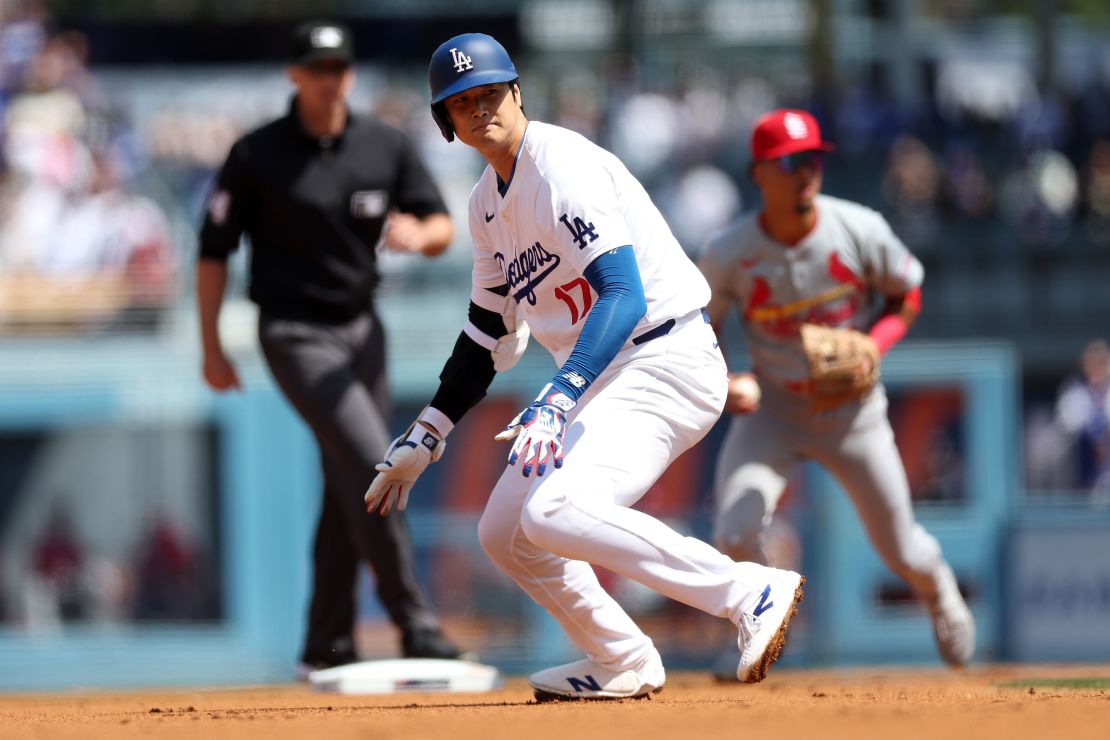
Sports betting has exploded in the United States in a way that I’m not sure everyone appreciates. It’s now legal in 38 states compared to just one (Nevada) in 2017. A 2018 Supreme Court ruling set the stage for other states to dive into gambling, and they’ve done just that.
In 2023, Americans gambled a record $119.84 billion on sports, according to the American Gaming Association’s Commercial Gaming Revenue Tracker. In 2017, just $4.8 billion of legal sports betting occurred in Nevada sportsbooks – a 2,397% increase in six years.
Some players and coaches have already gotten into trouble.
We’ve already seen a slew of NFL players do so. Some didn’t just bet on sports in general, they have been suspended for betting on NFL games.
Former University of Alabama baseball coach Brad Bohannon was fired and hit with a 15-year show-cause order – saying that any institution that hired him in that time would have to suspend him for the first five years of employment – for encouraging an acquaintance to make a bet with insider information on an Alabama baseball game in April 2023. Bohannon was making hundreds of thousands of dollars per year. CNN never heard back from Bohannon when it reached out for comment.
Just this week, we learned that the NBA is “looking into” unusual online bets involving Toronto Raptors player Jontay Porter. In one game, bettors picked the under on Porter’s three-pointers and were huge moneymakers. Porter exited the game early and has since been inactive for what the team calls “personal reasons.” Porter wasn’t making a lot by NBA standards, but still was able to earn more than $2 million during his short career so far. Neither the team, nor Porter have commented.
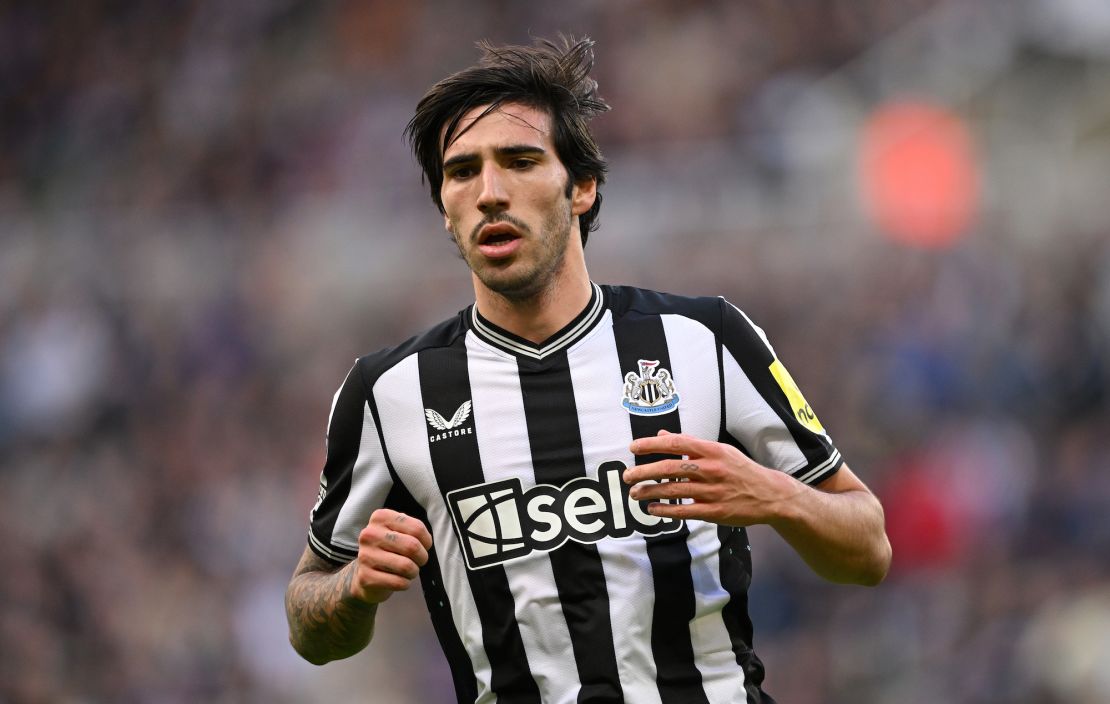
And overseas, soccer player Sandro Tonali was banned for 10 months in October by the Italian Football Federation for violating betting regulations before being charged by England’s Football Association for 50 breaches of its Betting Rules. The Newcastle United player is also earning millions of dollars per year from his current team. CNN has reached out to Tonali’s representatives for comment.
The reason I’m bringing up salary is because, in talking with some people I know, I believe there’s some fantasy out there that no Major League Baseball player or manager would bet on the game because they already make so much money.
Gambling, though, is an addiction where money can be lost very quickly. How else do you explain what golfer Phil Mickelson admits he went through in his life with gambling, allegedly involving close to nine-figure losses?
Baseball should know the dangers of betting well. Pete Rose made millions of dollars in today’s money while playing and yet he still threw it all away gambling on baseball, though the former Cincinnati Reds star maintains he only ever bet on his team to win.
Baseball itself was nearly ruined a little over a century ago because of the Black Sox scandal involving eight Chicago White Sox players who were accused of conspiring with gamblers to lose the World Series on purpose. Though they were acquitted in a 1921 trial, all – including potential Hall of Famers like Shoeless Joe Jackson – were banned for life.
Rose and Jackson were big-time personalities and players, similar to Ohtani. Rose remains the all-time hit leader with 4,256. We still don’t know what exactly happened with Ohtani and his interpreter. Hopefully, the story is like he says it is and he was a victim of theft and an abuse of trust.
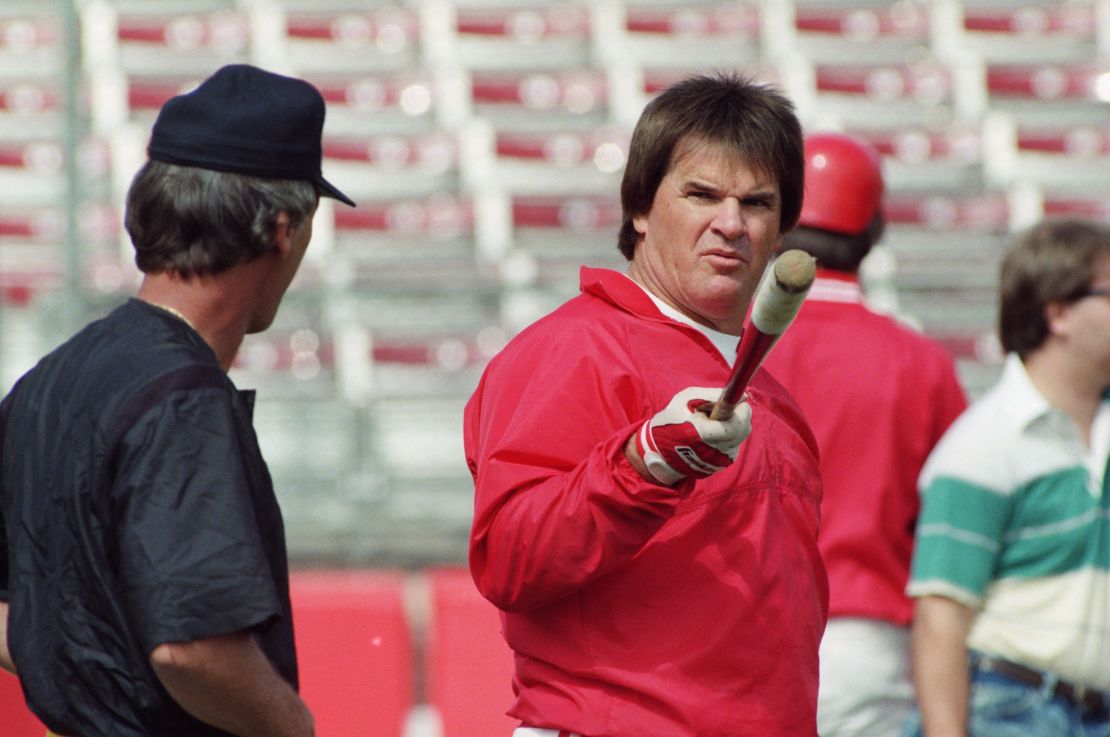
The Rose saga should concern everyone. He was betting on the sport he knew best. In the future, the possibility that someone is going to become so addicted and so desperate from losses in other sports that they will bet on their own game is no longer in the realm of impossibility.
The sports leagues have to know this. Indiana Pacers star Tyrese Haliburton has spoken about his distaste of sports gambling. Cleveland Cavaliers head coach JB Bickerstaff has said sports betting in the NBA has “crossed the line” and claims he has been threatened by gamblers. NCAA President Charlie Baker wants to ban prop bets (i.e. a bet about an event during the game not tied directly to its outcome).
For the most part, that hasn’t mattered. Big time sports have embraced gambling because of the revenues it generates for them. I’m not sure anyone can blame them.
To give you an idea of how much money is being taken in by the leagues, consider the NFL. They made over $130 million last year alone in gambling sponsorship deals. That’s more than 5% of the league’s total sponsorship revenue.
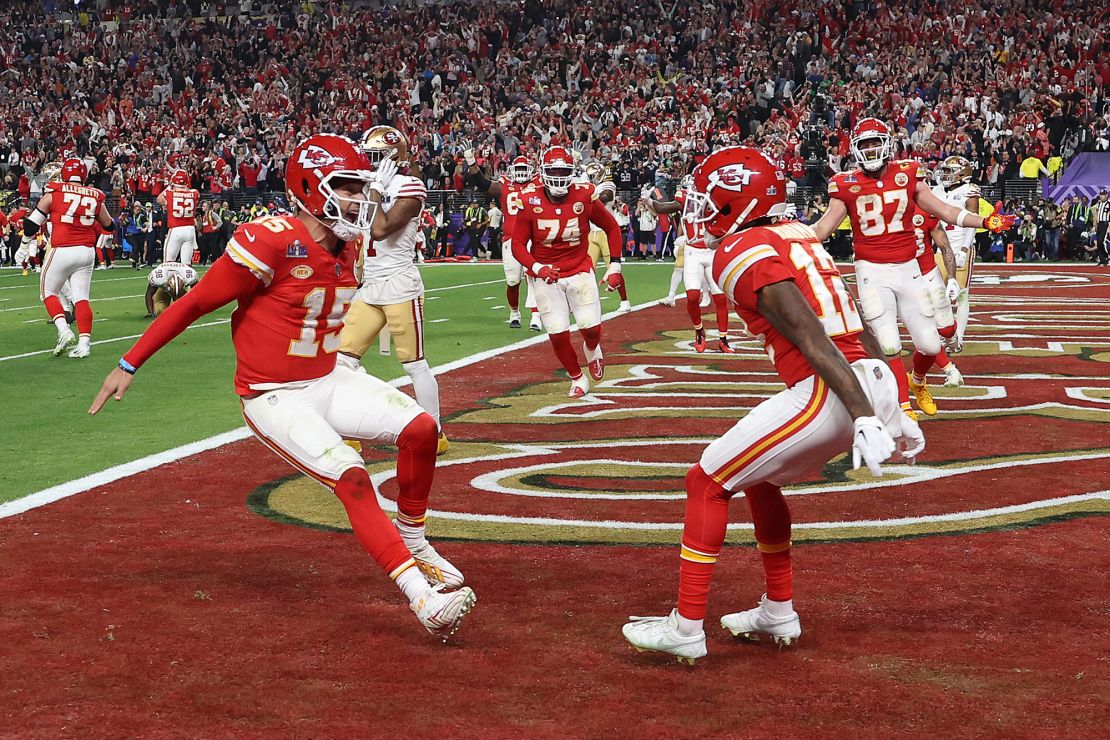
State governments are splashing in the cash streams as well. We’re talking tax revenues of upwards of $2 billion a year, according to the American Gaming Association and the US Census Bureau. Taxes aren’t something anyone wants to pay, so the government is getting them where they can.
And for what it’s worth, MLB Commissioner Rob Manfred told the MLB Network on Thursday that “Sports betting is going to go on in the United States whether we have a relationship with any particular company … or not. The fact of the matter is the Supreme Court ruling opened that up and it’s going to happen and there’s nothing we can do about that.”
The question is: at what cost does this willing – or unwilling – relationship come? I know a lot of people for whom gambling enhances their enjoyment of the game. I – and many around the world – have no problem with that.
What worries me is that sports appeal to us because we assume they are on the level. Yes, one team is favored to win, but we don’t know that team will win for sure. It’s why March Madness is so exciting. David can beat Goliath. Miracles do exist.
Once that belief that anything can happen is gone, nothing good will come of it. And if it occurs involving someone as beloved as Ohtani, it could be a disaster for not just baseball, but sports around the globe.
Read the full article here





